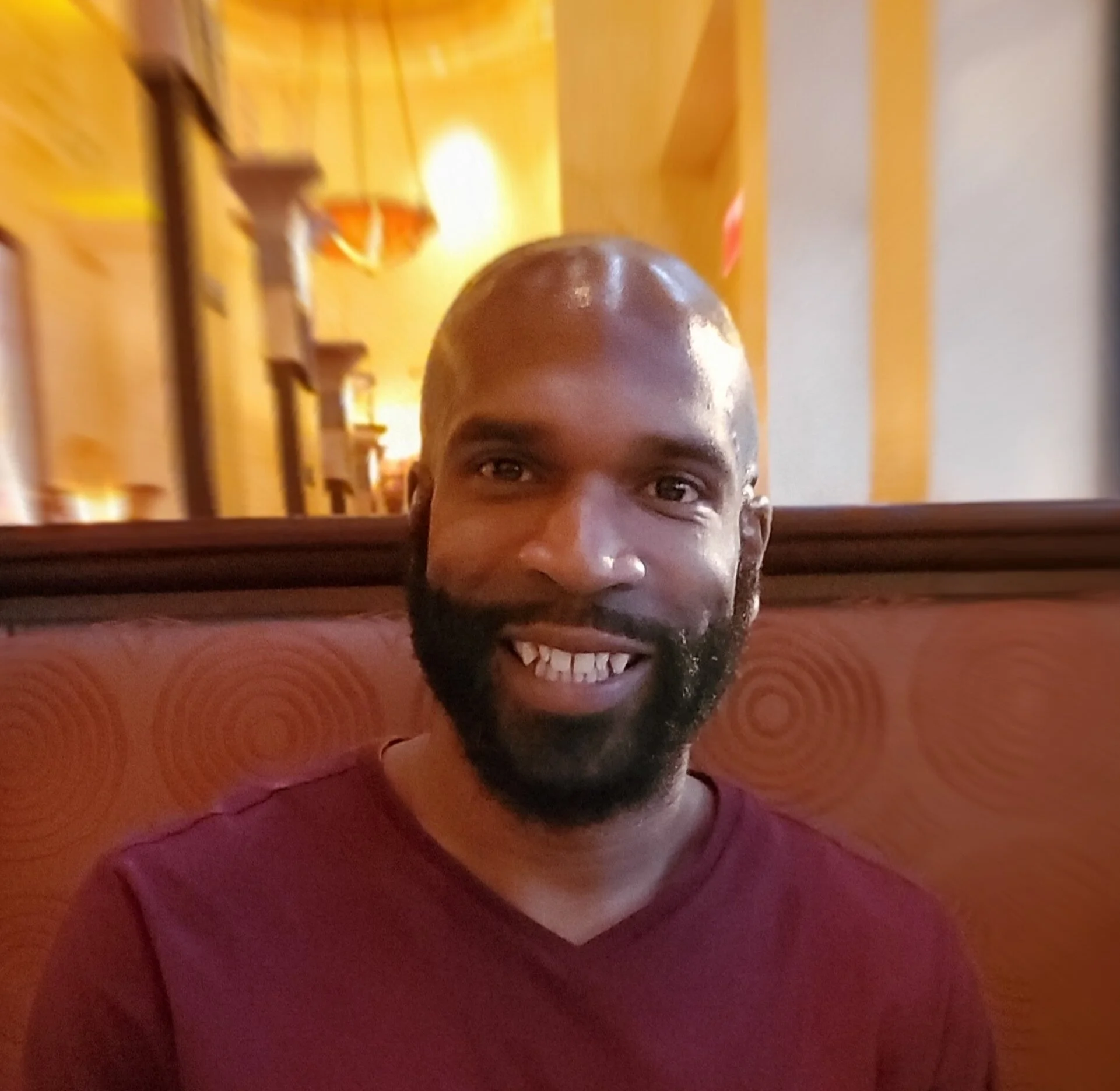PLANTING SEEDS
Dariana Alvarez
My first-grade self sits in a classroom
where light-colored haired girls stare at my arms.
I stare at their bodies.
These were the roots.
Thin girls who could bend like branches,
blonde girls with pale skin and hairless bodies.
You’re so hairy for a girl,
they’d say.
and my girlhood, strips from me,
parts itself like glue,
sticky, wet, and messy
as I pull down my sleeves.
Years later, I tell my mother how
my body is a garden that grows nothing but weeds,
how I seem to sweat yet
the fruits of my labor never appear
because the scale numbers stay the same,
how my period never comes anymore.
My doctor diagnoses me with
unkind hormones that grow massive
amounts of these prickly strands.
He hands me birth control, tells me that
it’ll pull out the weeds in my body.
Yet my eyes look toward the ceiling light,
women are beautiful, clean, but
my body is not.
The leaves of my body, cannot be fixed
by the bright light above me.
This cactus of a body
reminds me what I can’t have;
a small figure,
hair only in a certain place.
My large body always requests a shave,
a release of this pain that I will eventually
get tired of maintaining, stop taking the pill
that prevents my body from blossoming
into the wildflower it should be
that bathes in the sunlight,
and doesn’t mind its bold appearance.













































































